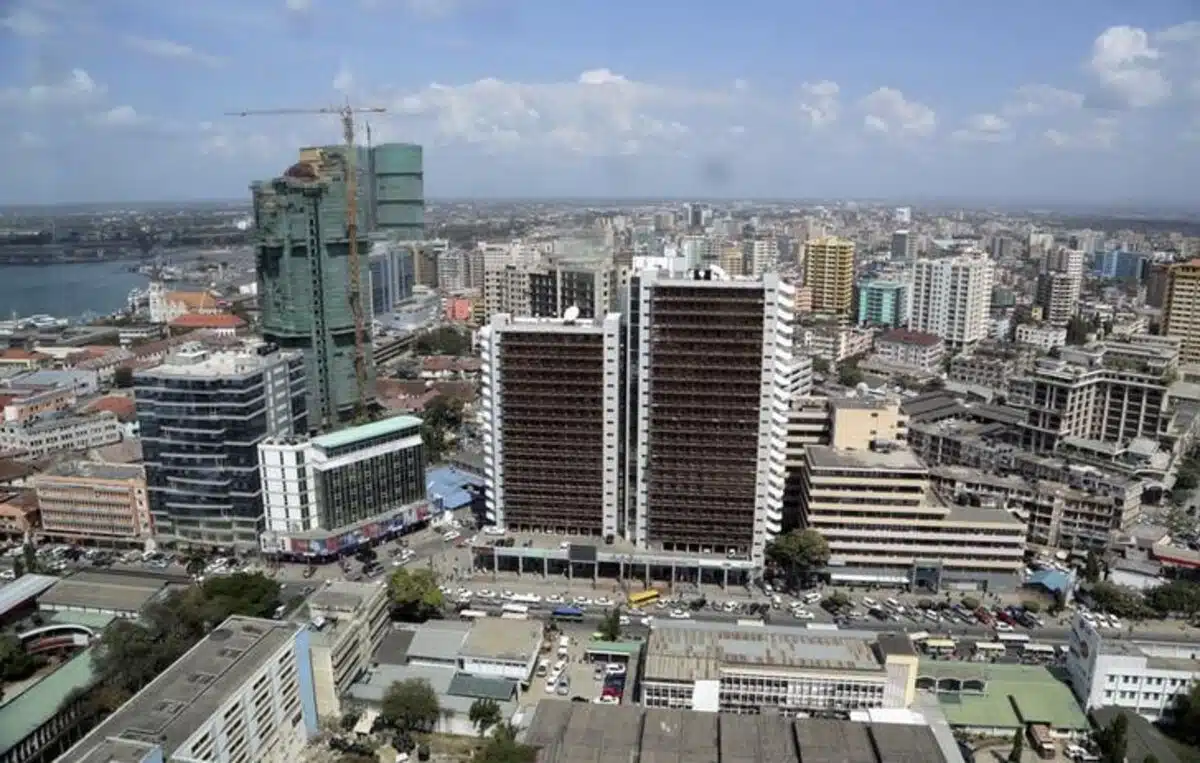Ethiopia has entered a new stage in its debt restructuring process as formal negotiations with holders over its $1 billion Eurobond begin, nearly two years after the country defaulted on its obligations, according to a source with knowledge of the matter.
The discussions are taking place in Paris, where a government delegation has met with a group of investors, the source told Reuters on Monday. “There were some meetings scheduled with bondholders,” the source said, adding that a statement may be released soon, but a deal was not imminent.
An official at the Ministry of Finance also confirmed the meetings but declined to provide further details. Meanwhile, both the newly appointed central bank governor, Eyob Tekalign, and an ad hoc committee of bondholders have denied requests for comments.
However, the market responded positively to the move. Following news of the talks, Ethiopia’s sole international bond rose by as much as 2.6 cents to trade at 94.88 cents on the dollar, according to Tradeweb data. The rally reflects investor optimism that a negotiated settlement may be within reach.
Path to restructuring
The East African nation defaulted on the Eurobond in December 2023, when it failed to redeem a $33 million coupon payment. The missed repayment marked the country’s first default in decades and pushed authorities to seek relief under the G20’s Common Framework.
Although the government has been engaging bondholders for months, closed-door negotiations only began after both sides signed non-disclosure agreements, paving the way for a potential deal.
In July, Ethiopia secured a restructuring agreement with its bilateral creditors that the Ministry of Finance said would provide more than $3.5 billion in cashflow relief.
The deal cleared the path for negotiations with commercial bondholders, who remain divided on whether the nation faces a solvency crisis requiring debt write-downs or a liquidity problem that could be addressed through maturity extensions.
The government has argued that solvency risks justify a 20% haircut, citing an International Monetary Fund (IMF) debt sustainability analysis. Bondholders, however, dispute this view, pointing to Ethiopia’s recent robust export earnings as evidence that the nation’s challenges are temporary.
In the 11 months leading to June 2025, Ethiopia’s exports surged 121.5% to $4.6 billion year-on-year, exceeding the Ministry of Trade and Regional Integration’s target by 157.26%. Still, the IMF warns of risks to the country’s balance of payments from weaker aid inflows and foreign direct investment.
As negotiations progress, it remains to be seen whether bondholders will agree to a haircut, a move that could provide further relief for Ethiopia’s strained finances.









